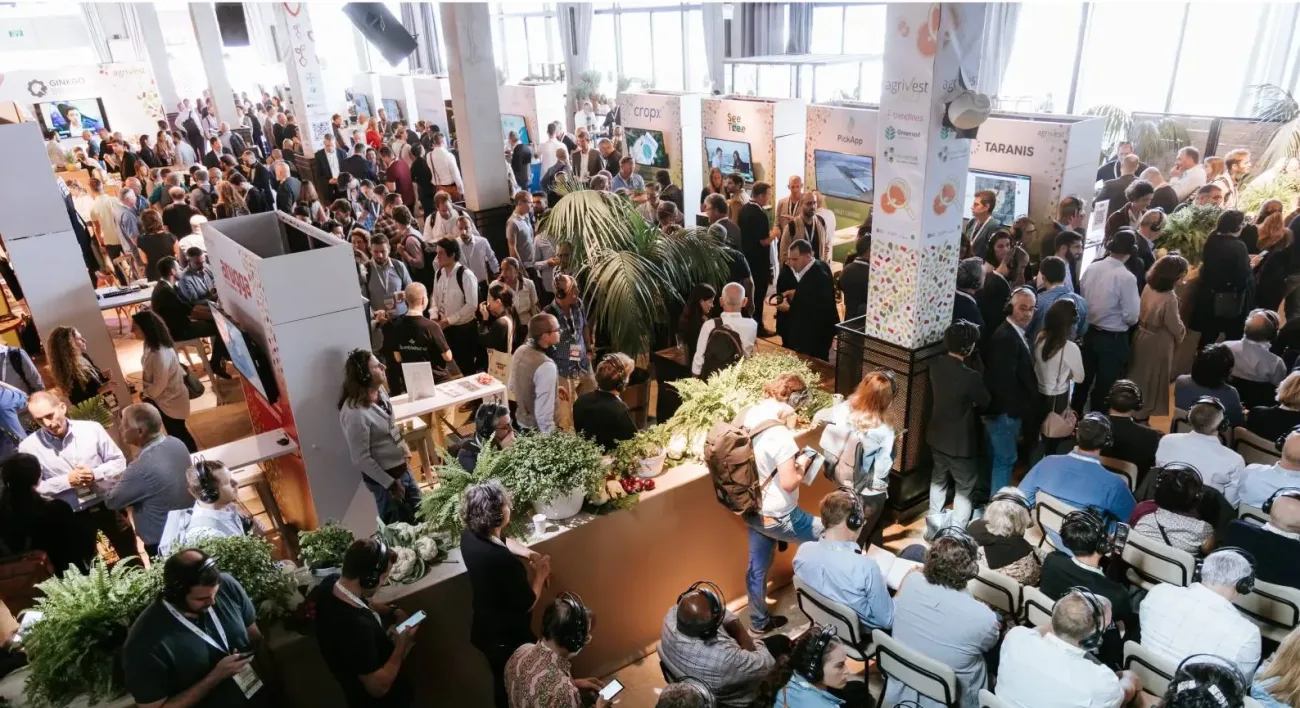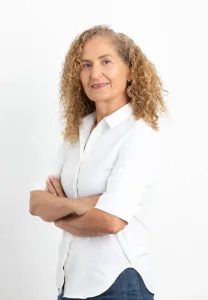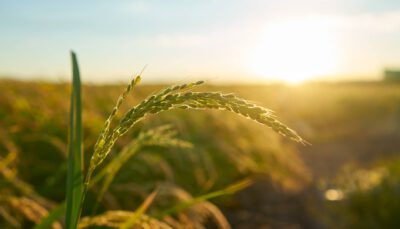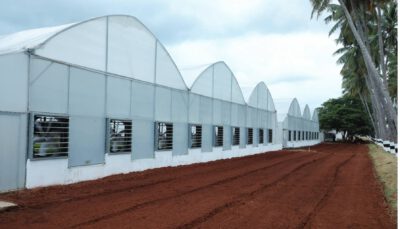
AgriVest Conference, will be held on November 6th, 2023
Photo: Trendlines
We had the good fortune of interviewing Dr. Nitza Kardish, CEO of Trendlines Agrifood Fund. The Fund’s general partner, The Trendlines Group, is Israel’s leading and most senior investor in the agrifood tech space. Trendlines currently has a portfolio of 10 agrifood companies and is publicly listed on the Singapore Stock Exchange (42T) and on the OTCQX in the USA (TRNLY).
What was the impetus for investing in Agtech?
My early roots in agriculture began at Mikveh Israel School. I later completed my PhD in plant genetics at Tel Aviv University and did post-doctoral research at the Weizmann Institute of Science. Investing in agrifood tech was a natural transition from academia to business.
I happened to meet with Steve Rhodes, CEO of The Trendlines Group, when he was looking to expand the activities of the Group. Our ideas and visions on agrifood technology investing aligned. We were both excited about the fact that it was a largely untapped sector and enthusiastic about the mission of feeding the world in a more sustainable and environmentally friendly way. Trendlines set up an incubator that started investing in the agrifoodtech sector in 2011, long before it become a mainstream investment sector. At the time, both in Israel and internationally, there was little investor interest in the sector, even though Israel is renowned for its advances in agricultural technologies, largely developed out of the need for food security using meagre natural resources.

Dr. Nitza Kardish, CEO of Trendlines Agrifood Fund
Photo: Trendlines
-
What did you do to ramp up interest?
We realized we needed to create an ecosystem of investors, entrepreneurs, researchers and strategists and to generate interest for this hugely important sector. Firstly, we mapped out the markets and the players, as well as defined our investment strategy and began to invest in a portfolio of companies. We also needed to communicate our mission outwards, and this is why Trendlines established the AgriVest Conference, which is happening this November 6th for the 11th time and is widely regarded as one of the leading global conferences of the sector.
-
What do think will be the drivers of growth for the sector in the future?
A big factor that will continue to drive most of the trends in agrifoodtech stems from the urgent need to make food production, from farm to plate, more sustainable. About 30% of climate change is attributable to food production, and agricultural and food industry practices must change. Both consumers and governments will demand that food production follow sustainable practices, ensuring enough supply, but assuring that sources reduce greenhouse gas emissions and don’t use unsustainable production methods.
-
Can you tell us about some of the big industry challenges and Trendlines’ most interesting investments addressing them?
Concern for the environment, animal welfare and growing awareness of the link between nutrition and health has increased the demand for “future foods” and alternative methods of producing food and ingredients. Trendlines has invested in these amazing companies:
Phytolon produces natural food colors through fermentation, providing a sustainable alternative, reducing land use, water consumption, and carbon emissions compared to agricultural-based methods.
Celleste Bio produces high quality and high value cocoa ingredients using cell culture methods, eliminating the dependence on cultivation of cocoa trees.
BioFishency markets technologies to enable the production of healthier seafood products, while lowering the carbon footprint, reducing costs, and saving resources.
Hargol FoodTech produces superior high-protein ingredients from the world’s only commercial grasshopper farm.
SOLVEAT creates unique nutritional solutions by introducing herbal compositions that transform ordinary foods into functional foods that target high impact medical conditions, such as diabetes.
There is an urgent need for increasing crop and livestock production without harming the environment. Here are some cutting-edge companies in this sphere:
EcoPhage protects plants from bacterial diseases using sustainable and effective, phage-based solutions.
IBI-Ag produces a new type of bio-insecticide for selective insect control with no harm to farm workers, consumers, and the environment.
AquiNovo has developed animal feed additives that improve animal health and result in producing more protein at a lower cost.
Robotics, automation, and digitization allow farmers more efficient management of their businesses and will be increasingly used in agricultural tasks. These two companies are great examples:
AgroScout has developed an AI-driven cloud-based agronomy platform providing a full picture of crop health, allowing timely intervention to transform the food production supply chain.
MetoMotion has developed an advanced robotics platform for precision greenhouse farming identifying fruit based on ripeness, and then picking and packing it.
-
How can someone participate in the agrifood tech revolution?
One of the ways is to purchase Trendlines shares. As noted, we are publicly listed in both Singapore and the US. Trendlines currently trades at a large discount to our book value, and an even greater discount – more than 50% – to the non-IFRS value of our portfolio.
Of course, an alternative is to invest directly into one of Trendlines’ amazing agrifood portfolio companies.
-
What are your hopes for the future?
In the next decade we will see the innovative products developed in the last ten years becoming a reality and making a real change in how food is grown and brought to market. I think we will see the transition from an adventure called “agrifoodtech” to an industry that is applied globally and changes the way we produce, regulate, and consume food, and I expect Trendlines to continue to be at the forefront.

For More Information: www.trendlines.com



